Sales Tax and Bad Debt Write-Offs
Hi everyone,
Welcome back to another weekly tax tip! Today, we’re diving into an often-overlooked area of sales tax compliance—bad debt write-offs. If your business sells goods or services on credit, understanding how bad debts affect your sales and use tax reporting is essential.
What Are Bad Debts?
Let’s start with the basics. A bad debt is an outstanding customer balance that your business has determined will not be collected. It typically occurs when a client refuses—or is unable—to pay, even after multiple collection attempts. This is an unfortunate but common cost of doing business.
While bad debts impact your revenue, they can also impact the sales tax you previously reported to your taxing authority—especially if you report on an accrual basis.
Accrual Basis Sales Tax and Bad Debt Adjustments
If your business reports sales tax on an accrual basis, tax is remitted at the time the sale is made, not when payment is received. This means you may have already paid sales tax to the state on a transaction that ultimately becomes uncollectible.
Here’s the good news: In many jurisdictions, you can claim a sales tax credit or adjustment for bad debts—but there are important rules to follow.
Best Practices for Claiming Sales Tax on Bad Debts
To properly adjust your sales and use tax filings for bad debts, you’ll want to:
🔍 Maintain Detailed Documentation
- Identify the specific transactions involved.
- Keep a clear list with:
- Customer names
- Invoice numbers
- Invoice dates
- Amounts originally taxed
- Customer names
Auditors want to see exactly what comprises your adjustment. You should be able to tie each adjustment back to individual invoices.
🧾 Confirm It Was Written Off for Federal Tax Purposes
Some states require that bad debts be written off on your federal income tax return before they will accept a sales tax adjustment. That means:
- You need a clear connection between your federal bad debt deduction and the sales tax adjustment.
- Be able to trace specific invoices to your total bad debt amount on the tax return.
If you’re organized, this process will be straightforward during an audit. If not, expect questions.
What If You Report on a Cash Basis?
If your business uses cash basis reporting, you’re in the clear! Sales tax is only reported when payment is received. If you never get paid, no sales tax was ever remitted, so there’s no bad debt adjustment to worry about.
Final Thoughts
Bad debts are a frustrating part of business—but they don’t have to hurt your compliance efforts. If you operate on an accrual basis and experience uncollectible sales, be proactive:
- Document everything thoroughly
- Reconcile adjustments clearly
- Understand the jurisdiction-specific rules for sales tax credits on bad debts
Doing this can save your business from overpaying sales tax and prepare you for a clean audit trail if questions arise.
That’s Your Tax Tip of the Week!
DISCLAIMER: This post provides general guidance only. It is not legal or tax advice tailored to your specific situation. Please consult with a tax professional and review the rules in the states where you conduct business.
More Tips in The Sales Tax Sisters Academy
Our mission to provide a resource so business owners, accountants and bookkeepers can understand sales & use tax compliance. We know that sales and use tax laws are not the easiest to understand. Our focus is on empowering you with a framework and general understanding, so you know what questions to ask and where to go to get the information you need to stay on the right side of sales and use tax compliance.
Key Takeaways:
- When creating your bad debt write-off policy, do not forget the sales tax ramifications, especially if you are an accrual basis taxpayer.
- When making adjustments relating to bad debts, make sure that it is very clear which bad debt(s) is being written off.
- The customer’s name(s), invoice number(s), invoice date(s), amount, etc. associated with the bad debt write-off should be readily identifiable.
- Having a clear trail of what comprises the adjustment is very important in an audit context.
- Also, in some jurisdictions, you must also have proof that the bad debt was written off on your federal income tax return, for the taxing authority to deem the write-off to be valid. Research what is applicable in the jurisdictions where you conduct business.
While bad debts affect your sales bottom line, it can also affect the sales and use tax that you report to the taxing authority.
Watch the video for more info.



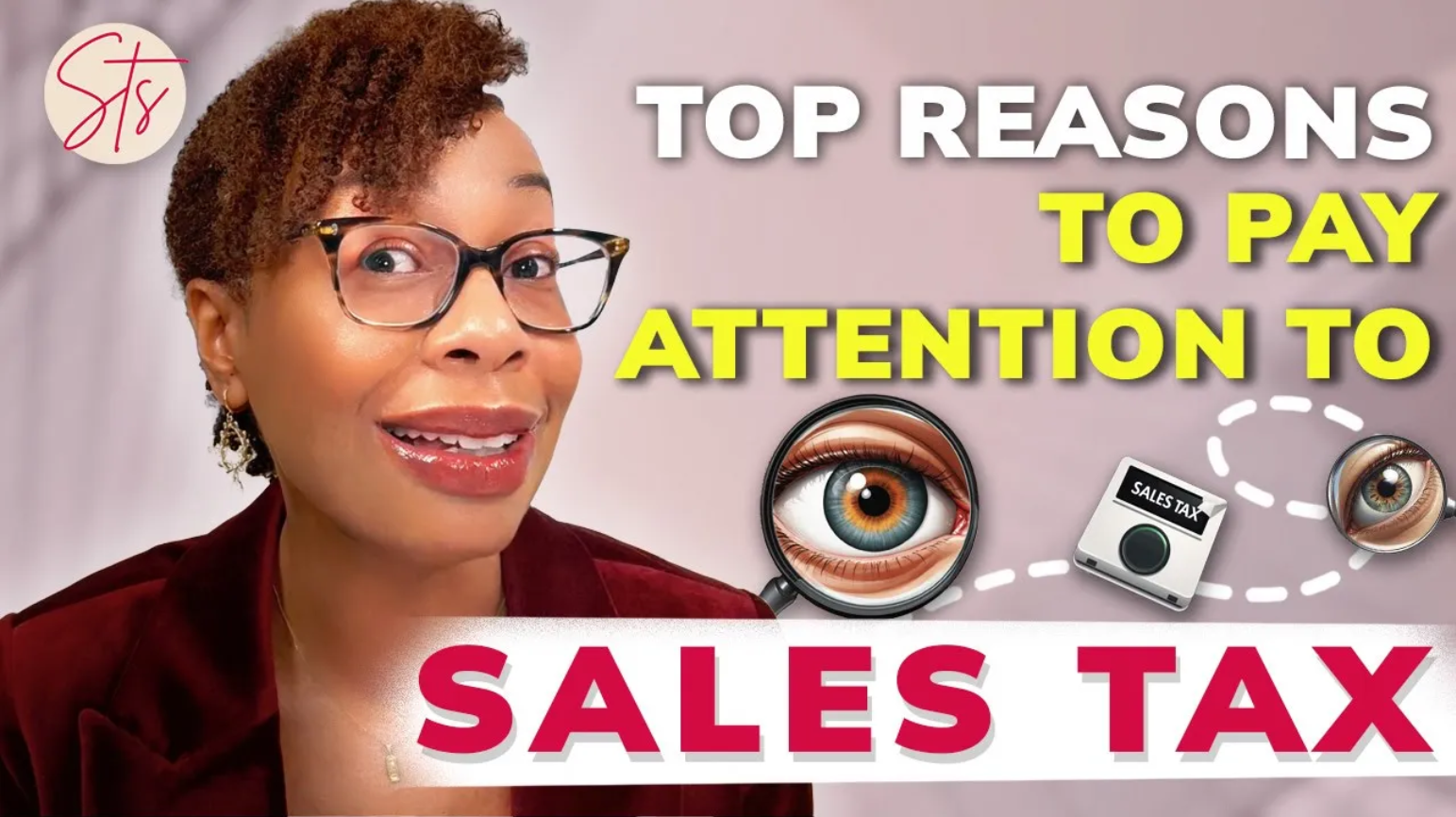

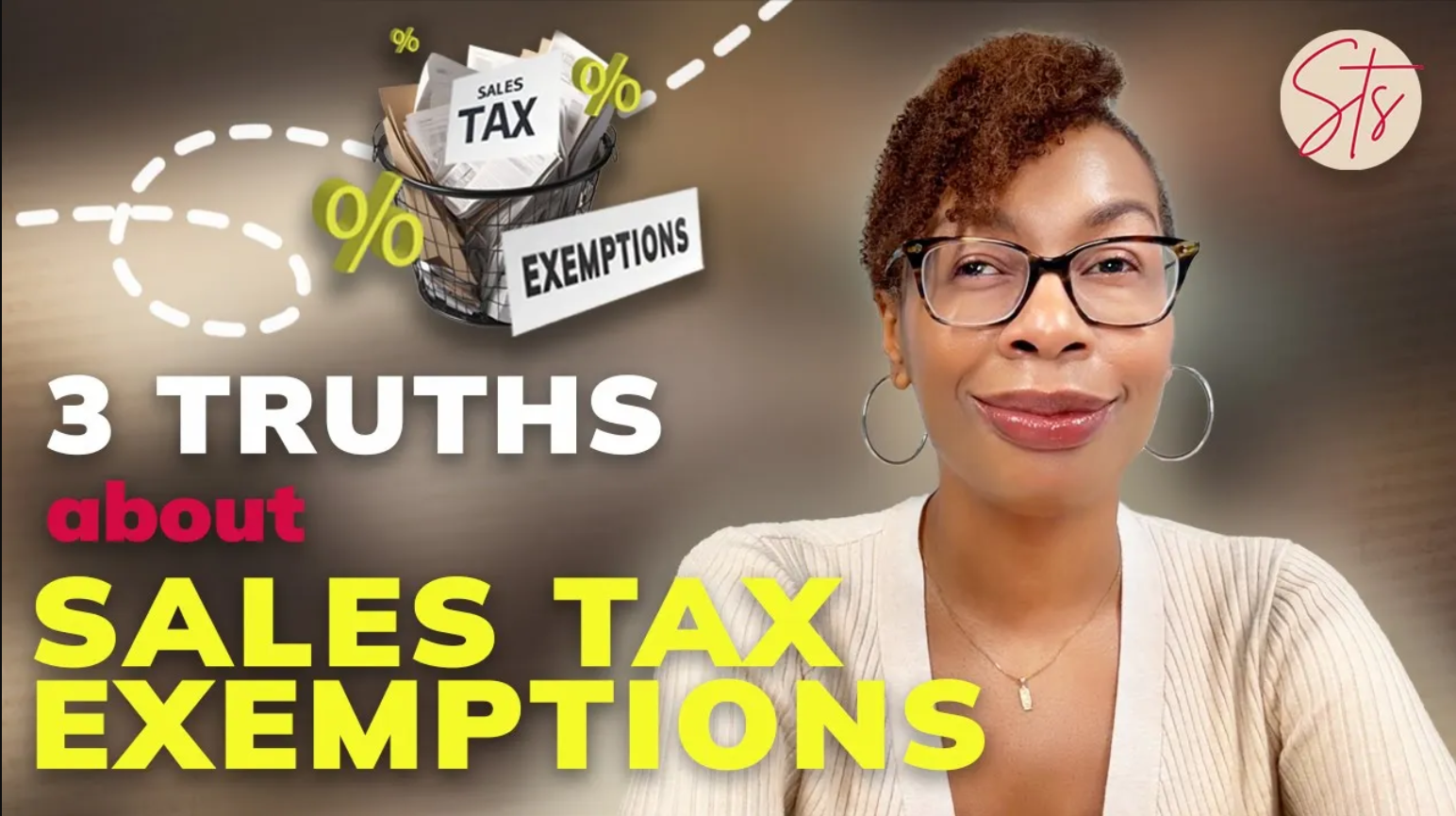
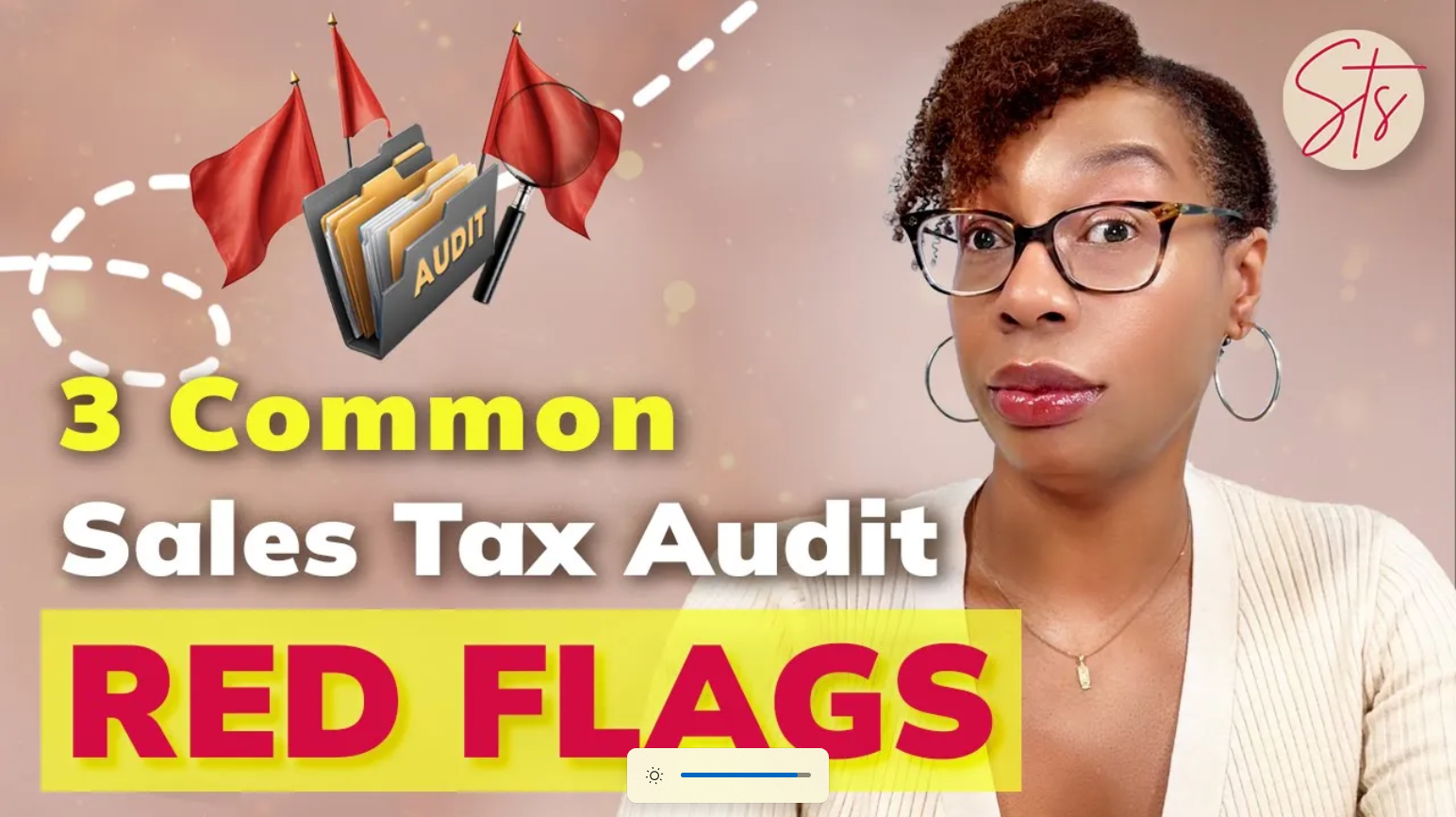


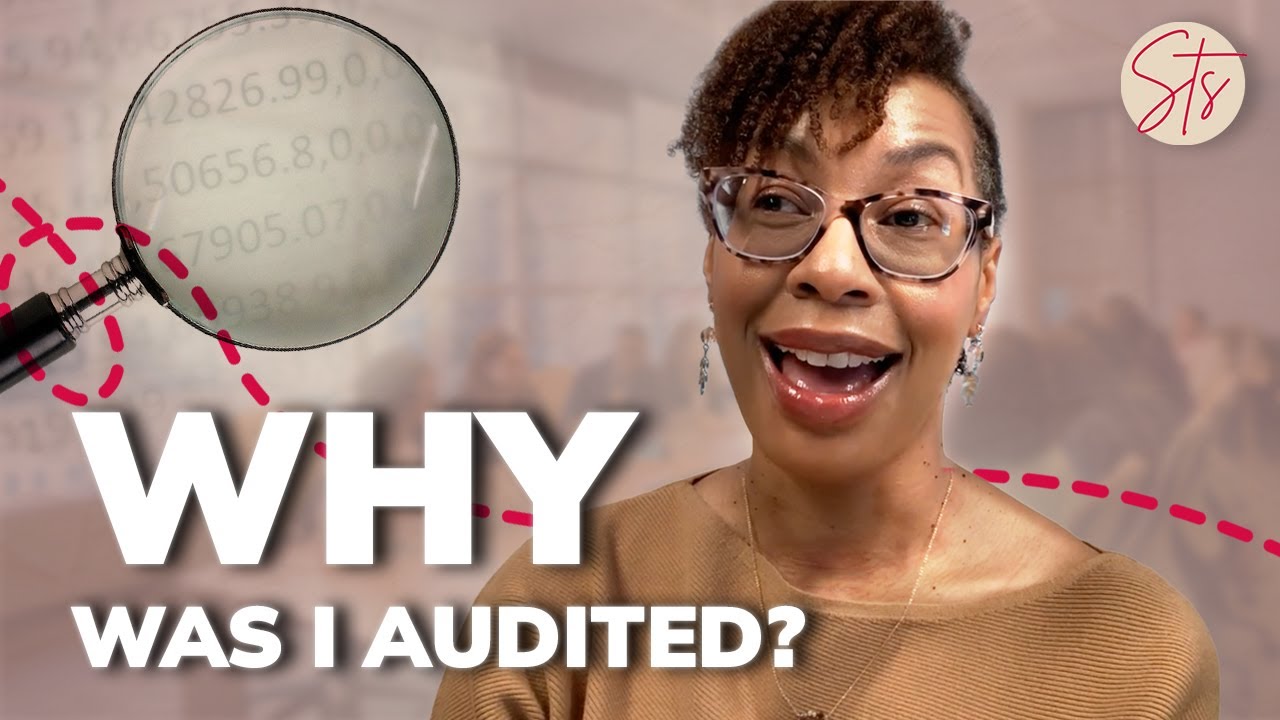







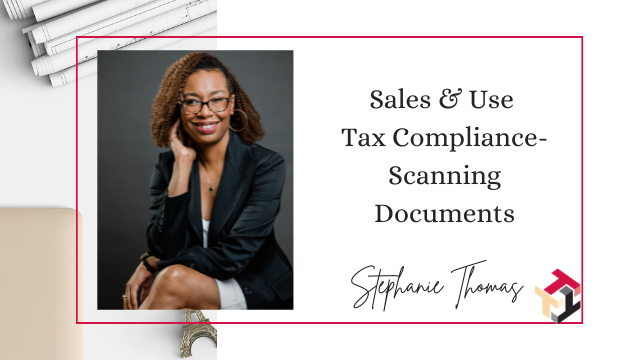









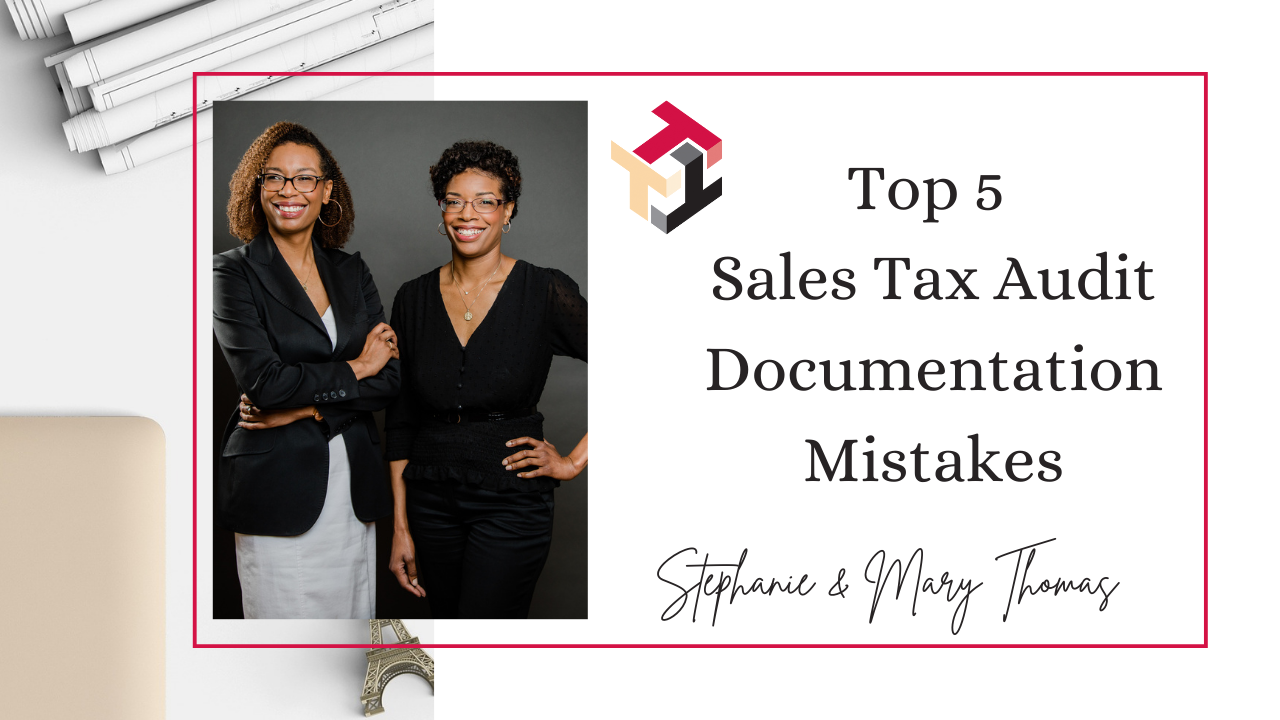

0 Comments